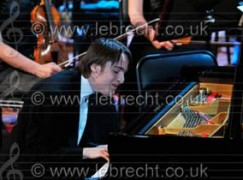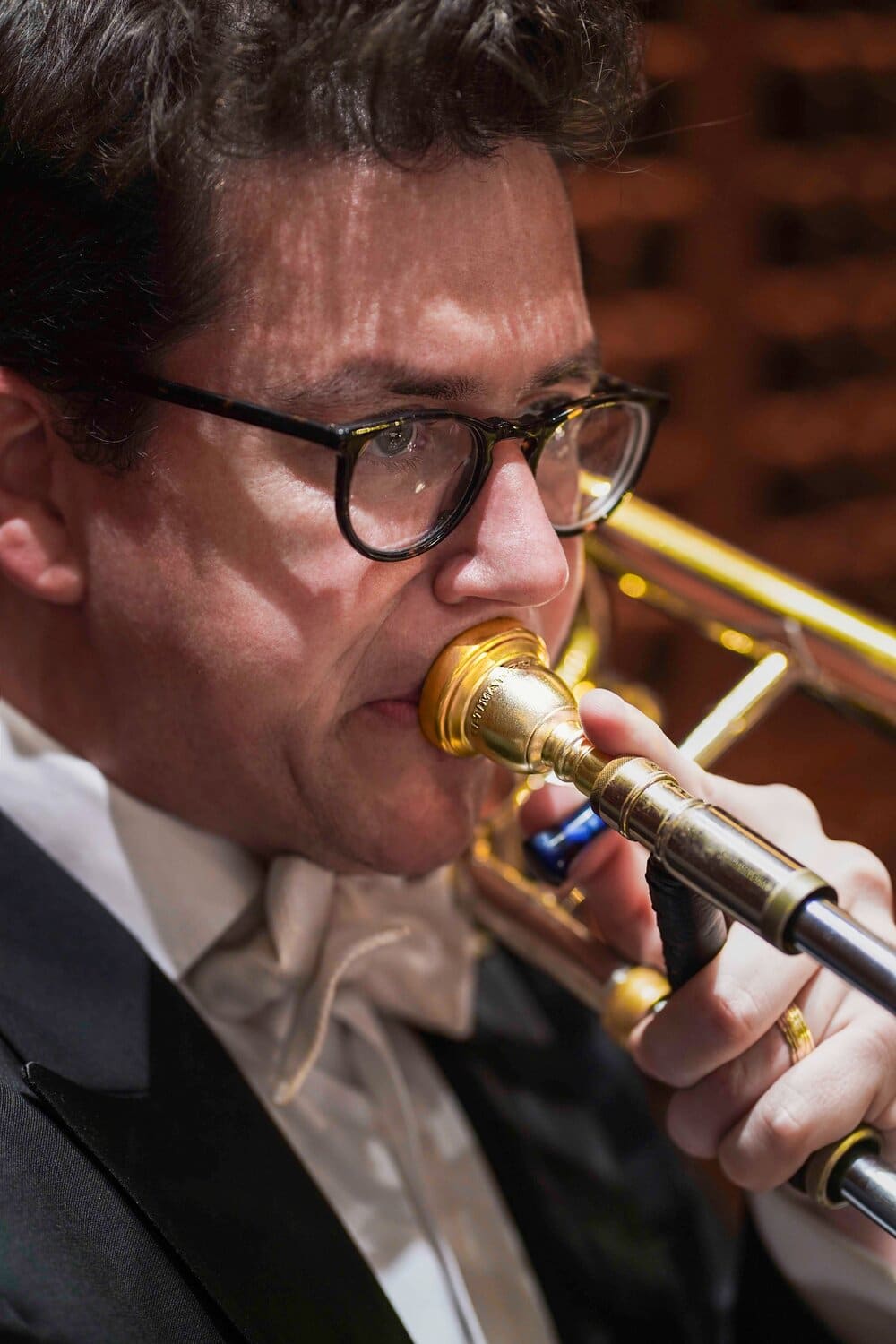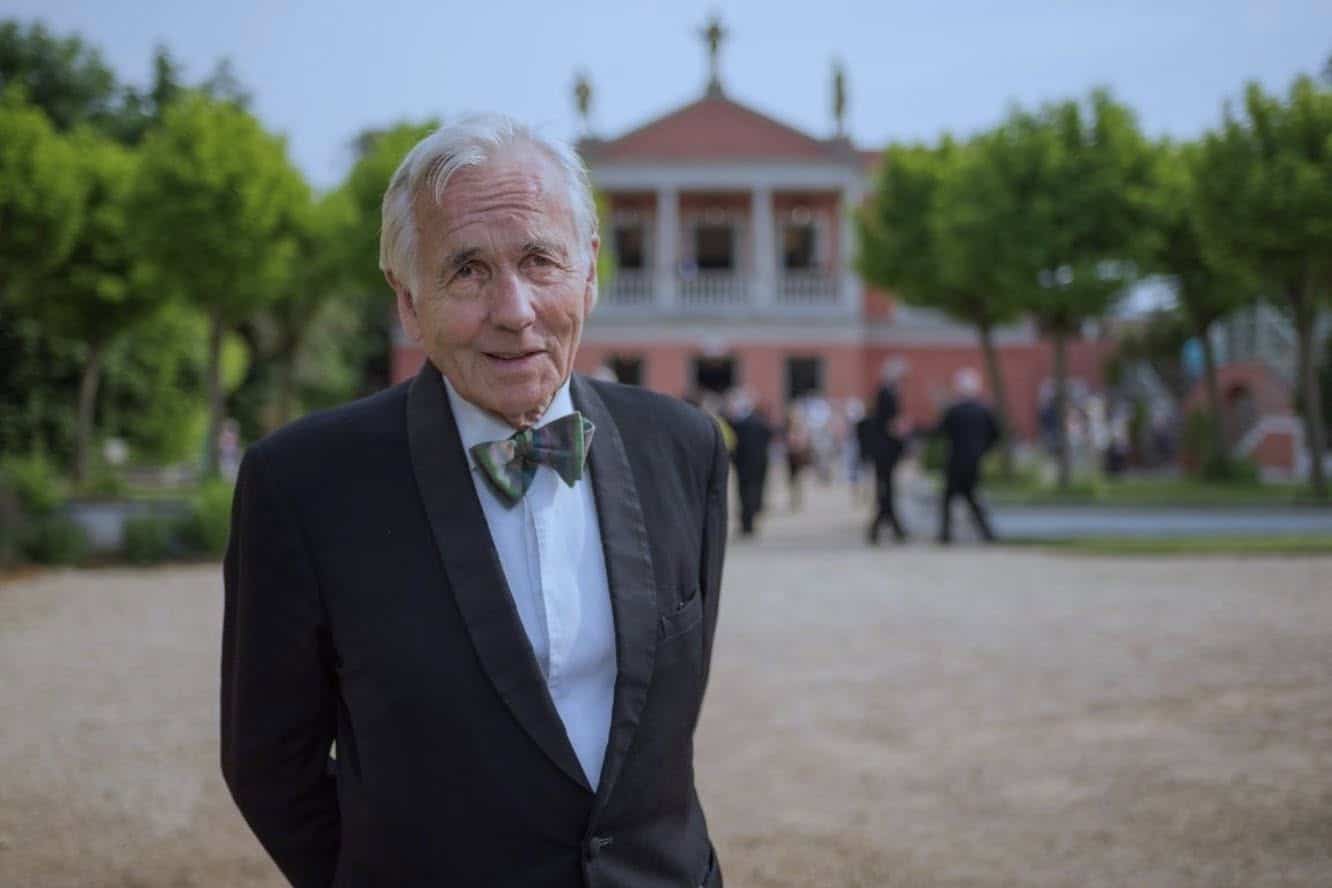The true heir to Horowitz and Richter
mainIn the new issue of Standpoint, I try to assess why the playing of Daniil Trifonov (‘a pianist for the rest of our lives’) affects me as it does.
What is it about Trifonov that sets him apart from all other pianists? He is, on first sight, the least modern of artists. He wears a dark suit, black tie, uncomfortably. On stage, he hunches over the keyboard, unaware of the audience. If he uses a score, he is quicker to turn pages than the fastest of attendants. He makes no pause between pieces, stifling applause for an hour or more.
In return, he delivers a modern benefice, the kind of concentration that has all but vanished from our tweet-shattered attention spans. The tension when Trifonov plays is breathless. And, within that grip, he finds narrative where none previously existed. He is the first pianist I have ever heard who plays a set of Chopin Études as if reciting for the first time a Tolstoy novella.
Read the full essay here.






Comments